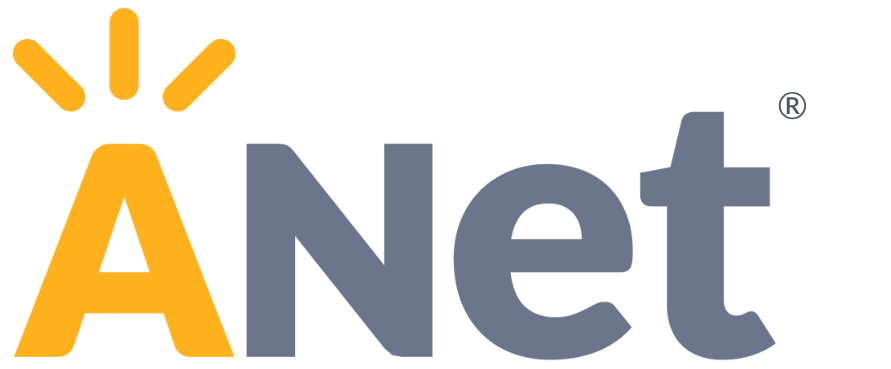Students deserve the opportunity not only to learn scientific concepts but also to test the application of those theories and concepts themselves. To support this vision, Rowan County School District in Kentucky recently transformed their science education. Just a year ago, most classrooms lacked high-quality instructional resources (HQIRs), leaving teachers to spend time searching for the right resources to provide rigorous science education. Today, thanks to Rowan County’s growth mindset and a partnership with ANet and the Kentucky Department of Education’s HQIR initiative, they have implemented OpenSciEd, a high-quality science curriculum that is reshaping student outcomes.
The Need for High-Quality Instructional Resources
Before the implementation of OpenSciEd, teachers in Rowan County faced challenges. Like so many teachers across the United States, Rowan County staff previously spent time looking for resources and hoping they were high-quality. Students in different classrooms would experience a science standard differently. Rowan educators wanted to provide rigorous, unified, and engaging science instruction and knew that the science HQIR pilot could be the answer. According to instructional coach Christie Tackett, “We went from having very few resources to having a full curriculum! Teachers were hungry for resources and to dig deeper into the rigor of the standards.”
Recognizing the need for change, district leaders saw the value in HQIRs and the structured implementation support provided by ANet. Kendra Schroeder, the District Math and Science Instructional Coach, emphasized the importance of vetted resources, saying, “HQIRs are important because we can trust that they’ve been vetted from third-party sources. We now have the same experiences across schools and knowledge that we can count on.”
Empowering Teachers: A Collaborative Approach to Science Implementation
The rollout of OpenSciEd in Rowan County was intentional and collaborative. The district prioritized a structured implementation plan, ensuring that teachers had the support and training they needed. The implementation plan centered teachers and placed an emphasis on:
- A clear vision with teacher input
- Wraparound support for teachers
- More dedicated teacher planning and collaboration time
- Support of PLCs
- Lesson and Unit Internalization
- Observation & Feedback
The focus on lesson and unit internalization helped connect one unit to the next and provide educators with a deeper understanding of the new resources. With the help of ANet, instructional coaches worked closely with teachers to unpack lessons, anticipate potential challenges, and ensure alignment with standards. “ANet has given us structures, such as the internalization processes, and provided instructional coaches the support to look at resources critically, which is crucial because not everyone has a science background,” Schroeder said.
They were able to continue this lesson and unit internalization in their Professional Learning Communities (PLCs), creating a continuous learning cycle for teachers. Rather than frontloading all professional learning at the beginning of the year, Rowan County adopted an ongoing support model. PLCs focus on either planning instruction or data analysis, allowing teachers to collaborate, refine their practices, and learn from one another. The instructional coaches support PLCs and take focus topics from those conversations into how they observe and give feedback.
“I really like the feedback that I get from Christie whenever she comes into my classroom to observe with ANet. They encourage us with what we’re doing well and that we’re on the right track, the things that they’re seeing, and they have suggestions for the things that we’re doing that we can make a little bit better,” said Science Teacher Cindy Combs.
Transforming Student Learning: A Model for Success in Science Education
The impact of this implementation is evident in Rowan County’s classrooms. Teachers now feel more equipped and confident in delivering high-quality science instruction. ANet District and School Coaches Monica Bintz and Nora Rahim have provided guidance and reassurance to instructional leaders. “It was really nice to have someone to talk to in Monica, to say, ‘this is where our teachers are,’ and she can say, ‘hey, you’re at the same place as this other district,’ or ‘you’re really ahead in some ways.’ That reassurance and support have been invaluable,” Schroeder shared.
More importantly, the shift in student learning has been profound. In the past, students often responded to questions about their learning with task-based answers, such as “I’m doing this worksheet.” Now, students articulate their learning with depth and relevance, saying things like, “I’m figuring out how to fix this component.” The ANet Coaches are particularly proud of this shift, with ANet Coach Nora Rahim alluding to the students doing the work of scientists and engineers.
“They’re more engaged in the lessons overall. They’re having deeper conversations than they used to have,” added Combs.
District leaders are optimistic about the future. Shawne Wells, the District Assessment Coordinator, emphasized the significance of this initiative: “We had a lot of people at the district and teachers who were willing to try new things if it was best for students. I think this was what was best for our students. They’re all having this high-quality instruction.”
Curriculum Implementation Support
Rowan County’s journey exemplifies how the right resources, structured implementation, a focus on teacher support, strong leadership, and the right partners can drive meaningful change in education. By surrounding teachers with the support they need, providing them with high-quality resources, and fostering collaborative professional learning, the district is setting a new standard for science education.
As the Kentucky Department of Education continues its efforts to bring HQIRs to more districts, Rowan County’s success serves as a model for others looking to strengthen science instruction. With the continued support of ANet, educators in Rowan County are not just teaching science—they are inspiring the next generation of problem solvers and innovators.
